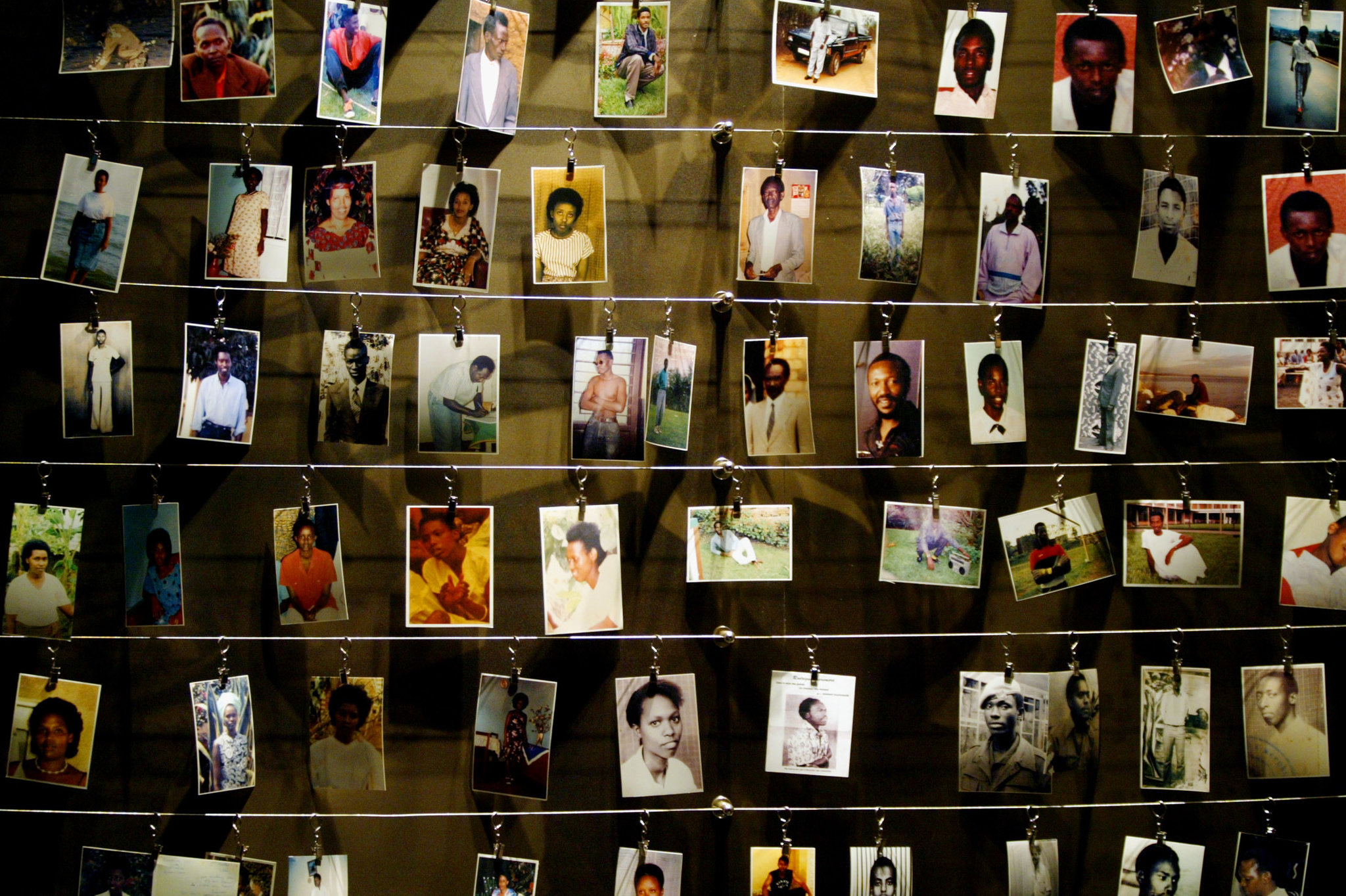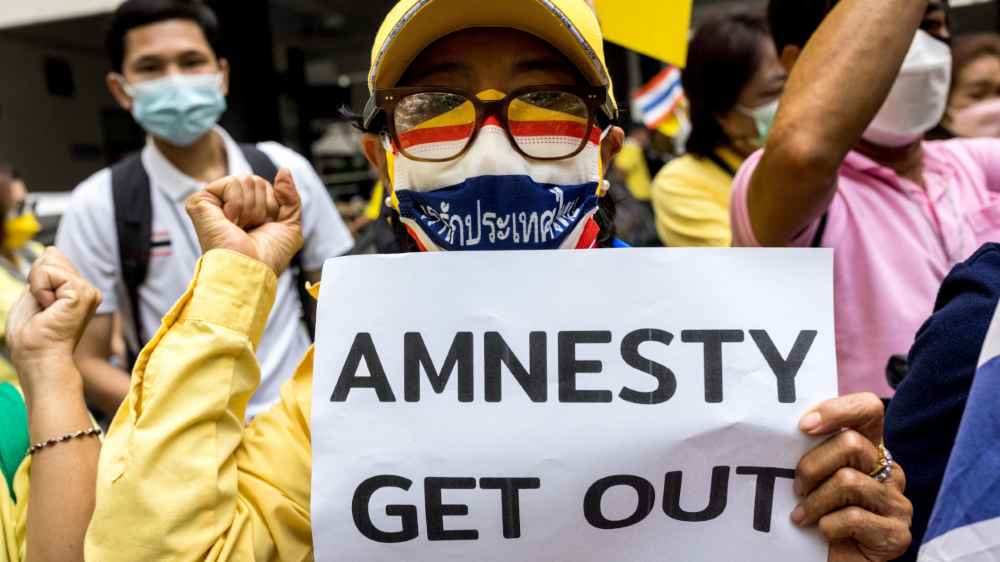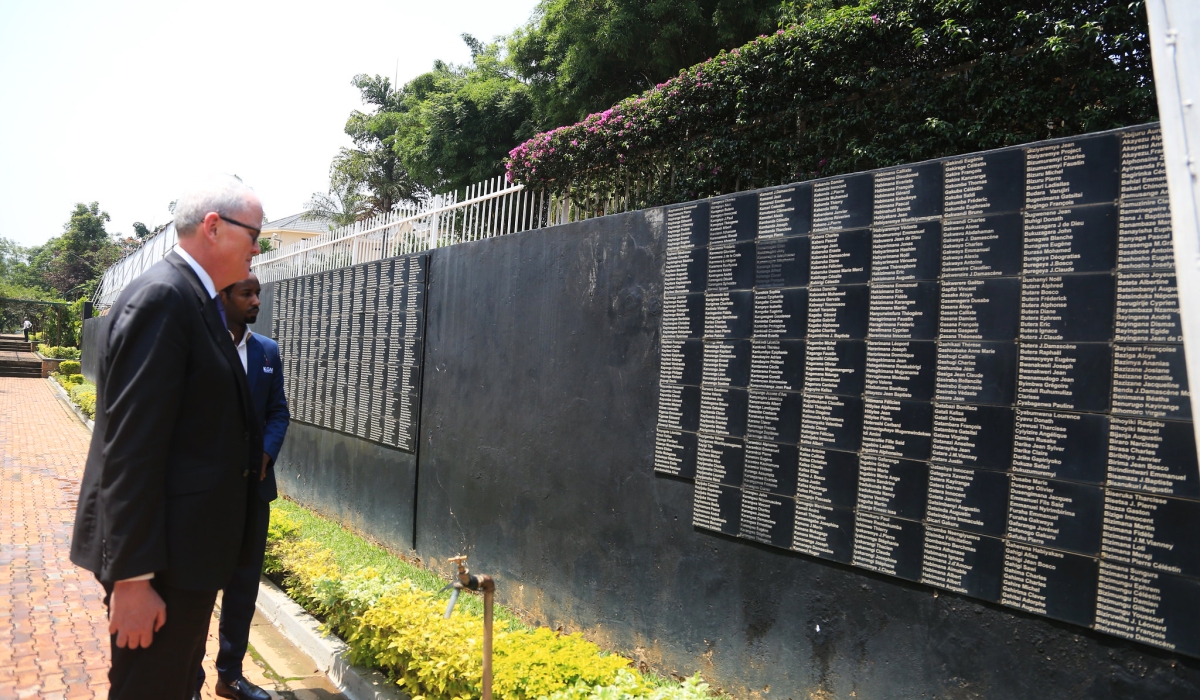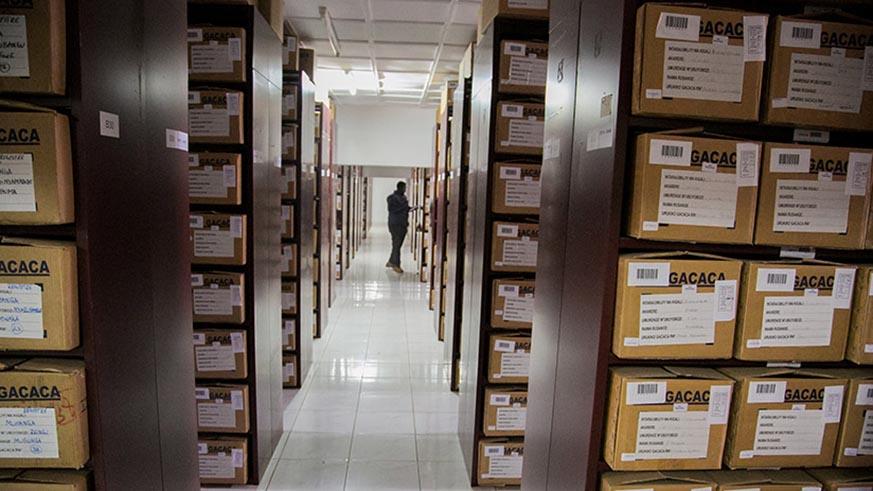Regional
UN knew about Tutsi extermination plot in Rwanda before 1994 Genocide began

Photos showing some of the over one million victims of the 1994 Genocide against the Tutsi, at the Kigali Genocide Memorial.
Thirty
years ago, on January 11, 1994, the Commander of the United Nations
Peacekeeping Mission in Rwanda (UNAMIR), Lt Gen Romeo Dallaire, sent a
distressing message to the UN General Secretariat. The message was prompted by
information he received indicating that members of the then Rwandan President Juvénal
Habyarimana’s inner circle (Akazu) were planning the extermination of the Tutsi
in the country.
Dallaire's
informant, Jean Pierre Turatsinze, formerly a member of Habyarimana's security
staff, was at the time involved in drawing lists of the Tutsi to be killed and
training the Interahamwe militia to carry out targeted killings.
According
to Dallaire's informant, the plan of Habyarimana’s
regime was to provoke a civil war by attacking the Belgian contingent of
UNAMIR, which was well equipped compared to contingents from Bangladesh, Ghana,
and Senegal.
The
genocidal regime intended to attack the Rwandese Patriotic Army troops (then
armed wing of RPF) to create chaos.
Dallaire's
message, titled "Request for Protection for Informant," detailed the
imminent threat of the Tutsi extermination campaign.
Everything
Dallaire's informant warned about unfolded three months later. Habyarimana was
killed by Hutu extremists, providing a pretext to execute their plan to exterminate
the Tutsi.
Belgian
soldiers were targeted daily on hate Radio RTLM. Following Habyarimana's death, 10 Belgian
peacekeepers were captured, tortured, murdered, and mutilated.
Belgium
subsequently withdrew its forces, leading to the collapse of the UN mission.
Turatsinze's
information was not an exaggeration, as the 1994 Genocide against the Tutsi
unfolded with a daily death toll surpassing his reports.
Turatsinze
offered to assist the UN in raiding Interahamwe weapons caches, but the UN
turned a deaf ear.
Dallaire,
eager to act, announced his intention to raid an arms cache within 36 hours and
urged for the evacuation of the informant from Rwanda.
Instead
of a decisive response, Dallaire was instructed to share the information with
Habyarimana and inform him of the clear threat posed by the Interahamwe to the
peace process.
Dallaire
was additionally told to inform the Ambassadors to Rwanda from Belgium, France,
and the United States, sponsors of the Arusha Peace Agreement, about the issue.
The
consequences of ignoring Dallaire's urgent message were severe and
far-reaching. Over one million Tutsi were killed within 100 days, leaving
indelible scars on Rwandan society.
The
UN's failure to act highlighted its incompetence, hindering effective
intervention in future conflicts, with the "Rwanda stigma" lingering
over peacekeeping operations.
The
Genocide against the Tutsi fuelled the Hutu Power ideology, posing a continued
threat to regional stability, particularly in the Democratic Republic of the
Congo (DRC) where the genocidal forces and Interahamwe militia found a safe
haven. They founded the FDLR terrorist group, which is active in eastern DRC,
getting more of its logistics from Kinshasa.
The
FDLR has, for three decades, been documented in mass killings targeting
Congolese Tutsi, looting their properties and burning down their houses with the
knowledge and support of successive Congolese governments.
The
UN's obligation under the Genocide Convention to prevent and punish genocide
crimes raises ethical and legal concerns about the international community's
responsibility to protect vulnerable populations.
The
world's inaction during the 1994 Genocide against Tutsi remains questionable. It
serves as a stark reminder of the human cost of inaction and underscores the
importance of international cooperation in addressing humanitarian crises.
Dallaire's
fax stands as a symbol of the UN's failures, offering a crucial case study in
the ongoing debate about the principle of responsibility to protect (R2P), whereby
states are supposed to act to prevent mass atrocity crimes and protect all
populations from risks related to their occurrence.








